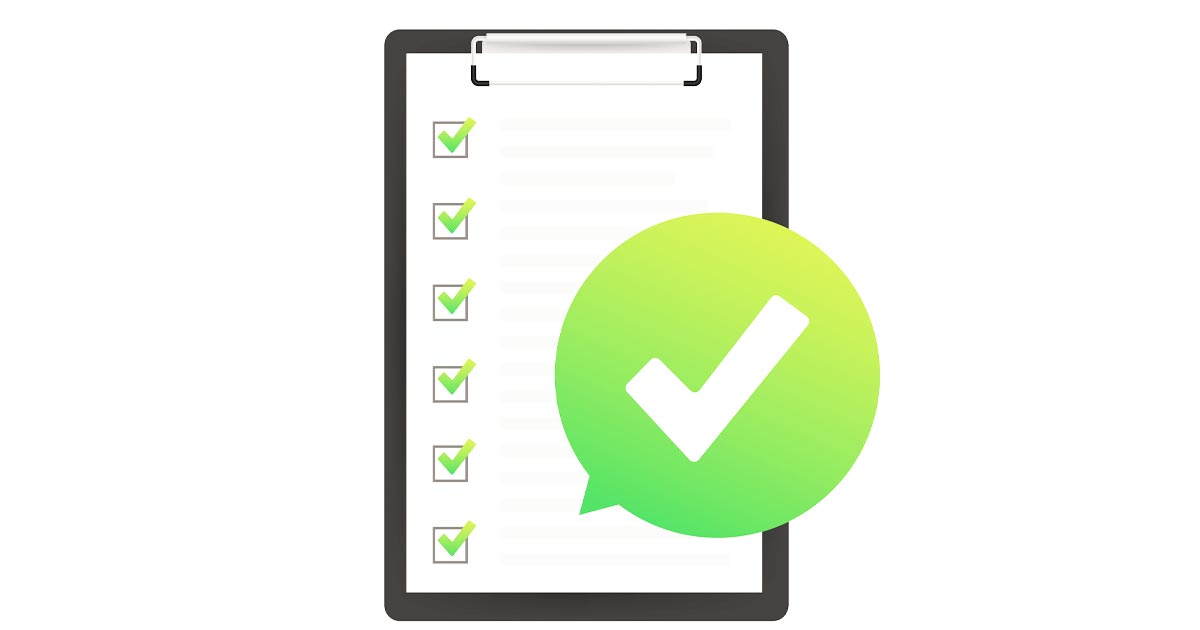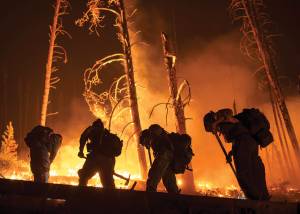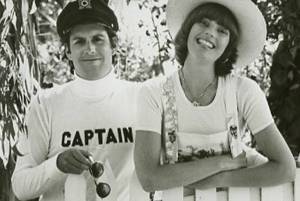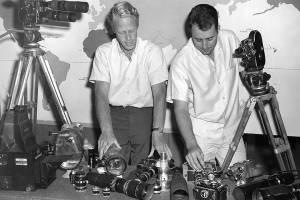By Jim Miller
(SAVVY SENIOR) The death of a loved one can bring about a host of different tasks and responsibilities. Here’s a list of some things you can do before and after death that can help keep a sad event from becoming even more difficult.
Before Death Occurs
You can do several tasks now while your loved one is still living that will make things easier for you after they die.
For starters, find out where they keep all his important papers, like a trust or will (also make sure it’s updated), birth certificate, Social Security information, life-insurance policies, military discharge papers, financial documents, key or combination to a safe deposit box or a home safe. Also make a list of digital assets (including usernames and passwords) like email accounts, online banking accounts, social media accounts, etc.
If your loved one doesn’t have an advanced directive, help them make one (see CaringInfo.org for free state-specific forms and instructions). An advanced directive includes a living will that specifies end-of-life medical treatments and appoints a health-care proxy to make medical decisions if they become incapacitated. In addition, you should also make a do-not-resuscitate (DNR) order. Your loved one’s doctor can help you with this.
You should also pre-arrange the funeral, memorial service, and burial or cremation.
Immediately After Death
Once your loved one dies, you’ll need to get a legal pronouncement of death. If no doctor is present, you’ll need to contact someone to do this.
If they die at home under hospice care, call the hospice nurse, who can declare the death and help facilitate transport of the body.
If they die at home without hospice care, call their doctor. You’ll then need to call the funeral home, mortuary, or crematorium to pick up the body. If your loved one is an organ or tissue donor, contact the funeral home or the county coroner immediately.
Within a Few Days
If funeral plans were not pre-arranged, you’ll need to make arrangements and prepare an obituary. If your loved one was in the military or belonged to a fraternal or religious group, you should contact those organizations too, because they may have burial benefits or conduct funeral services.
You should also notify their family members, close friends, and employer if they were still working, and make sure their home is secured.
Up to 10 Days After Death
To wind down your loved one’s financial affairs, you’ll need to get multiple copies of the death certificate, which the funeral home typically orders.
If you’re the executor of their estate, take their will to the appropriate county or city office to have it accepted for probate. Open a bank account for their estate to pay bills, including taxes, funeral costs, etc.
You also need to contact your their estate attorney if they have one; tax preparer to see if estate or final income taxes should be filed; financial advisor for information on financial holdings; life insurance agent to get claim forms; their bank to locate and close accounts; and Social Security, the VA (if he’s a veteran) and other agencies that provided benefits, in order to stop payments.
You should also cancel credit cards, delete or memorialize social media accounts, and, if relevant, stop household services like utilities, mail, etc. Their home and personal belonging will also need to be dealt with in the coming weeks. ISI
Send your senior questions to: Savvy Senior, P.O. Box 5443, Norman, OK 73070, or visit SavvySenior.org. Jim Miller is a contributor to the NBC Today show and author of “The Savvy Senior” book.










